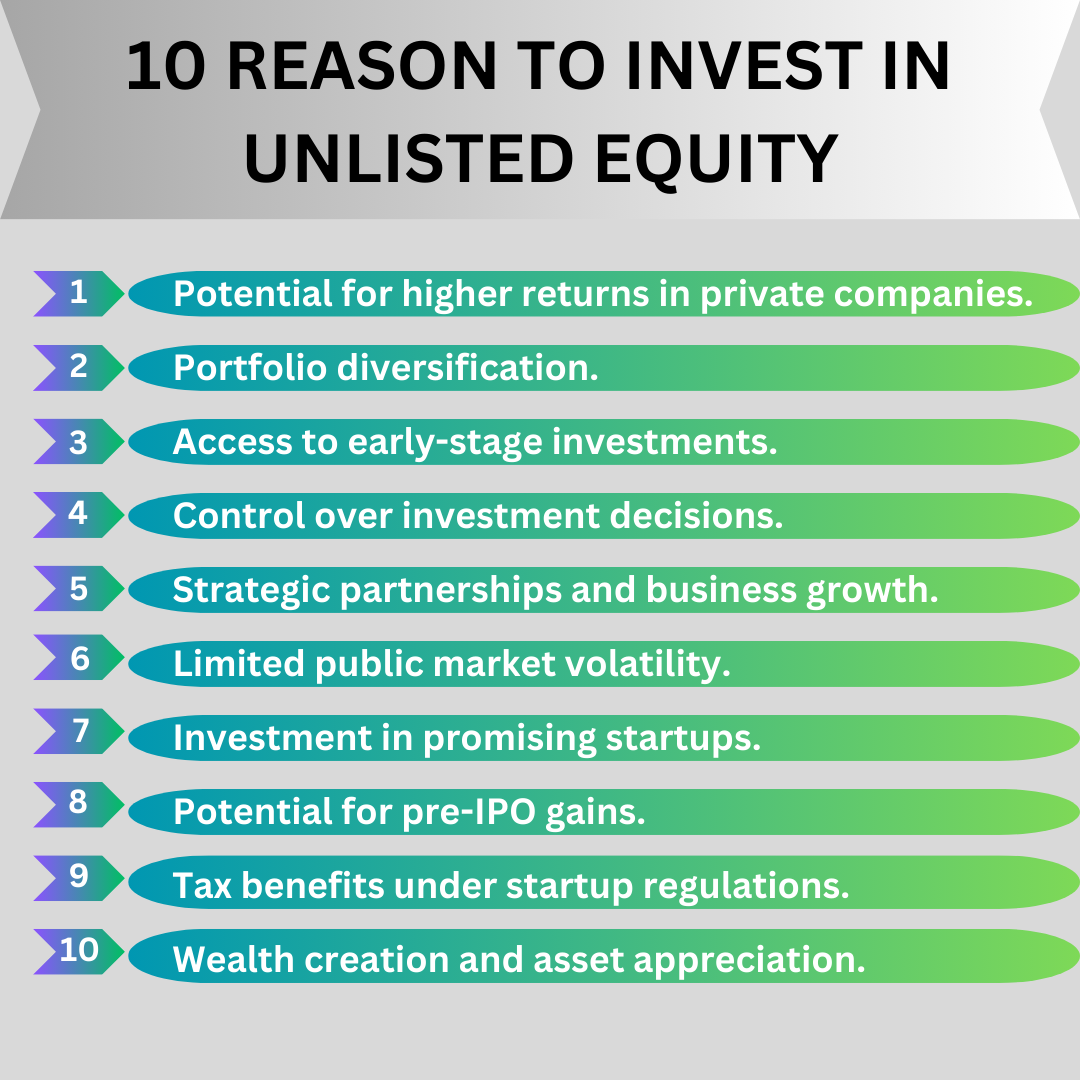
Investing with Confidence: Direct Equity Market in India
Direct Equity Investment is a powerful way for individuals to participate in the growth of Indian companies. Here, we’ll explore what Direct Equity Investment is, the types of equity available in India, and the benefits it offers to investors.
- The Power of Direct Equity Investment, we’ll discuss the significance of Direct Equity Investment in India, emphasizing its role in providing ownership and potential returns in the stock market.
- Explore the various types of equity investments available in India, including Common Stocks, Preferred Stocks, and Depository Receipts. Understand their features and suitability.
- Equity Ownership Common Stocks are the most straightforward form of equity investment, providing ownership and voting rights in a company. Learn how they offer potential capital appreciation and dividends.
- Steady Income Preferred Stocks offer regular dividend payments and a higher claim on assets compared to common stocks. Discover their benefits, including stability and income generation.
- Global Access Depository Receipts represent shares of foreign companies and allow Indian investors to diversify globally. Explore the advantages, including access to international markets and currency diversification.
- Benefits of Direct Equity Investment Explore the advantages of investing in direct equity, including the potential for high returns, ownership in companies, liquidity, and portfolio diversification.
- Understand the regulatory framework and legal aspects of direct equity investment in India, including the roles of SEBI (Securities and Exchange Board of India) and stock exchanges.
- Learn about the risks associated with direct equity investments and how to manage them effectively. Understand the importance of due diligence, research, and risk assessment.
- Discover how to select the most suitable equity investments based on your financial goals, risk tolerance, and investment horizon.
- Explore different trading and investment strategies, such as value investing, growth investing, and dividend investing, to help you achieve your financial objectives.
- Understand the fees and charges associated with direct equity investments, including brokerage fees, transaction costs, and taxes.
- The direct equity market in India is evolving with digital advancements and innovative trading platforms.
Conclusion: Navigating the Stock Market with Direct Equity Investment; Direct Equity Investment offers the opportunity to become a shareholder in thriving Indian companies. By exploring the information provided above, you’ll be well-prepared to make informed investment decisions in India.
Contact Us: If you have questions or need personalized assistance with direct equity investments in India, feel free to contact us. We’re here to help you navigate the world of stock ownership and potential returns.

